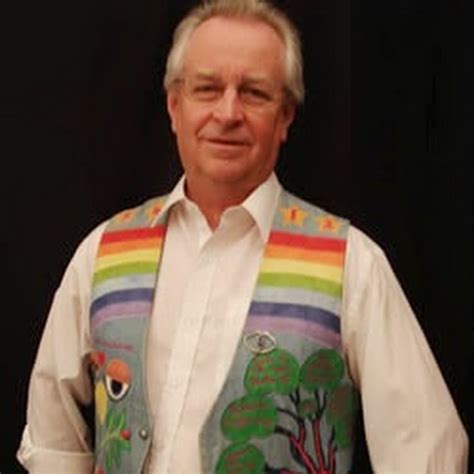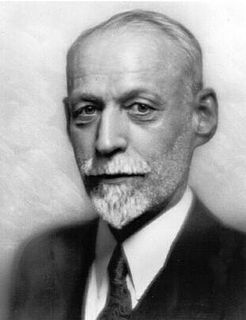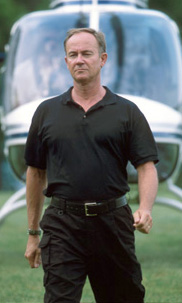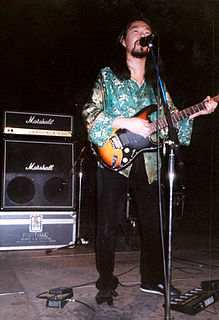A Quote by Os Guinness
One of the key places where sociology should be used is in analyzing 'the world' of our times, so that we can be more discerning. To resist the dangers of the world, you have to recognize the distortions and seductions of the world.
Related Quotes
The truth is that we don't know much about the spiritual world except for what Scripture tells us, so it's unwise to think we can speak with clarity about what a divine being can or cannot do. The tools of analyzing the natural world are of no use for analyzing the supernatural world. For the latter we need rules of logic, and the supernatural beliefs of the biblical writers are quite defensible in that arena.
The systems of stereotypes may be the core of our personal tradition, the defenses of our position in society. They are an ordered more or less consistent picture of the world, to which our habits, our tastes, our capacities, our comforts and our hopes have adjusted themselves. They may not be a complete picture of the world, but they are a picture of a possible world to which we are adapted. In that world, people and things have their well-known places, and do certain expected things. We feel at home there. We fit in. We are members.
We are thankful for these and all the good things of life. We recognize that they are a part of our common heritage and come to us through the efforts of our brothers and sisters the world over. What we desire for ourselves, we wish for all. To this end, may we take our share in the world's work and the world's struggles.
The dis-incumbenced stance is the one people should cultivate, we are told, once they recognize that there is no world beyond the human world. They will, indeed must, have their beliefs and values, but they will recognize that these 'lean upon' - and are answerable to - nothing other than human commitments and purposes. The only fidelity, Rorty remarked, can be to our own conventions.
Phonogram was explicitly about our world. It’s a fantasy which is happening around us all, unnoticed except for those who’ve fallen into its world. In a real way, it’s real. Conversely, W+D is much more overt. The appearance of the gods changes the world, and has changed the world going back. There’s the strong implication that certain figures in our world simply didn’t exist in The Wicked And The Divine‘s world, because they were replaced by a god.
It is only a short step from exaggerating what we can find in the world to exaggerating our power to remake the world. Expecting more novelty than there is, more greatness than there is, and more strangeness than there is, we imagine ourselves masters of a plastic universe. But a world we can shape to our will is a shapeless world.
The world of counterterrorism is like that old jigsaw puzzle in the back of the closet: Its many missing pieces and extra parts jumbled in from other puzzles make it almost impossible to assemble. But in Ghost, Fred Burton manages to join together enough pieces to give us a discerning look at that world. This is a story, told in human terms, that will help make sense of the great puzzle of our times.
We are too much in the machine world today. Even here in Tuva we've got every year more and more cars and other technologies, and of course it brings more pollution to our air, to nature. And I think the idea of the Kraftwerk song is people should not be very much mechanized or to be a machine in the world of machines. The idea is to try to find a golden middle between the world of nature and the world of machines.
I guess what I'm looking for here is empathy. So you [Nicholas Kristof] have traveled all around the world, famously to the worse places of the world. Darfur. Mogadishu, Ouagadougou. Probably those places much more than Modesto or Lewiston.I never read a column by you that suggest the people in those places, who support dictators oftentimes, are racists or bad people. You would never write that about a poor person in the third world but you are implying that about your fellow Americans.


































